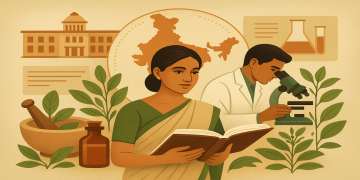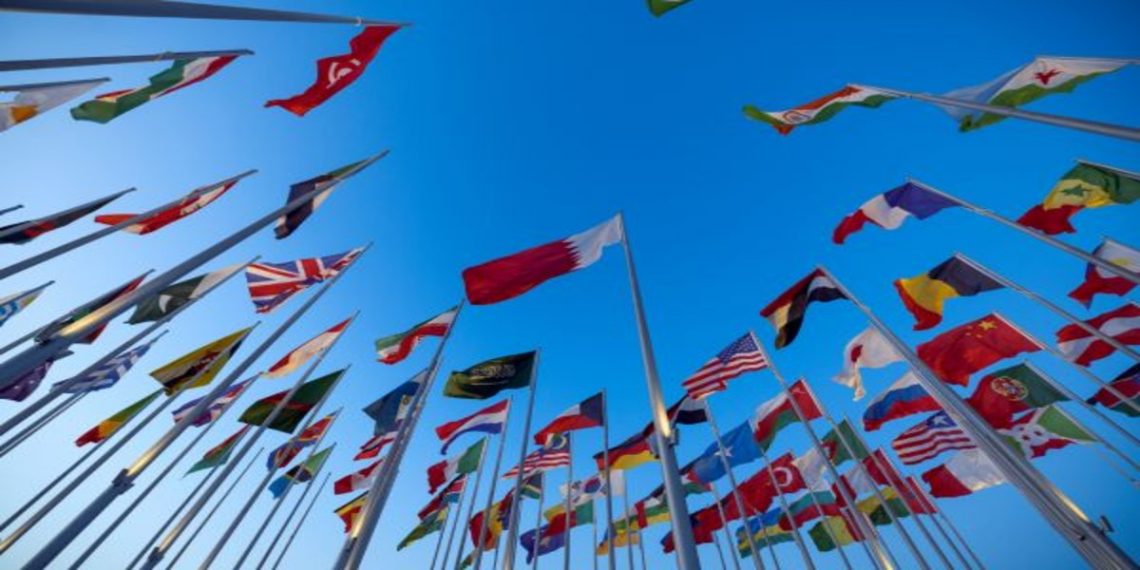In recent months, global events such as tariff disputes, genocides, terrorist attacks, and territorial invasions have reshaped the international landscape. These developments, while seemingly remote, have direct implications for economies, politics, and societies worldwide. This makes a grounding in International Relations (IR) increasingly vital for professionals across diverse sectors including industry, non-governmental organisations (NGOs), government, and academia.
Policy Analysis and Think Tanks
Think tanks and research institutes play a critical role in shaping discourse on both domestic and foreign policy. They offer valuable insights for governments, non-state actors, and the public on macro issues such as bilateral relations and foreign policy, as well as specific concerns like trade policy or infrastructure projects in other countries. As governments face resource constraints, think tanks have emerged as essential sources of expertise and policy guidance.
Risk Analysis and Corporate Consultancies
Political risk analysis has become integral to business decision-making. Corporations often rely on IR experts to assess the political climate, security risks, and socio-economic conditions in potential investment destinations. Such analyses ensure informed decision-making and safeguard investments. The rising complexity of global markets has also driven many companies to establish in-house risk analysis teams, signalling strong demand for professionals with specialised regional knowledge and expertise in political risk assessment.
International Organisations and the Development Sector
Expertise in International Relations is invaluable in international institutions such as the United Nations, World Bank, and International Monetary Fund. Specialists in areas such as international law are essential for resolving disputes between nations or managing humanitarian crises such as refugee emergencies. Knowledge of international political economy further opens opportunities in finance, development institutions, and NGOs, enabling professionals to contribute to global policy-making and economic development.
Diplomacy and Government Service
A career in diplomacy remains one of the most recognised paths for International Relations graduates, with positions in foreign services and government agencies requiring deep knowledge of global affairs. However, career prospects extend beyond diplomatic services to include roles in embassies, high commissions, and international organisations seeking regional specialists and analysts. Proficiency in IR also supports success in competitive examinations for public service careers.
Skills for a Career in International Relations
To thrive in this field, students should build competencies such as regional expertise, foreign language proficiency, and analytical skills, including familiarity with qualitative and quantitative methods like R and Python. Specialisation in subfields such as foreign policy analysis, international law, or political economy can enhance employability. Crucially, choosing a region or language should stem from genuine interest rather than transient trends, as true expertise requires sustained engagement.
Students should also cultivate intellectual curiosity beyond their immediate field, drawing from diverse disciplines. Engaging with literature, anthropology, and history, alongside economics and politics, fosters critical thinking and prepares graduates for the evolving demands of global affairs. Ultimately, passion for knowledge and a comprehensive approach to learning are the keys to long-term success in International Relations.




























































